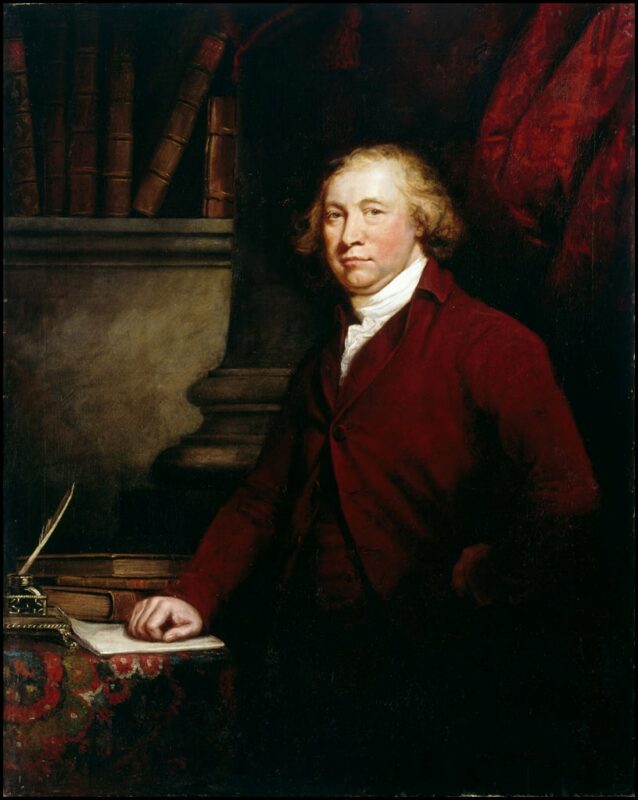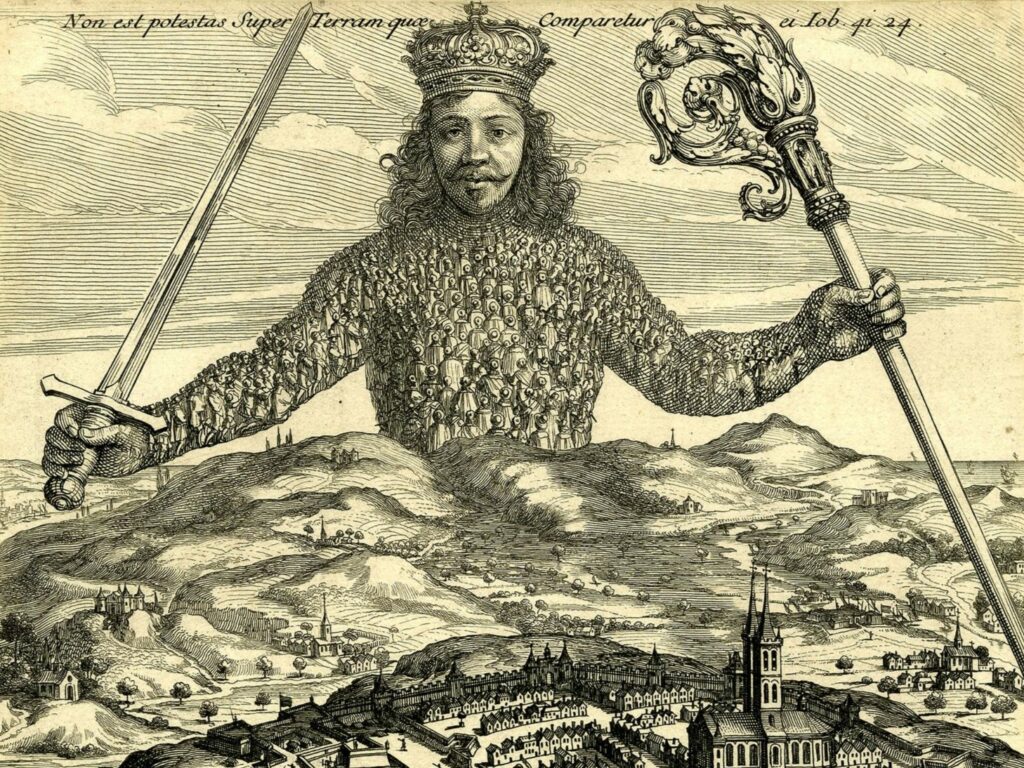
In 1790, Edmund Burke took a strange decision. In the middle of his urgent Reflections on the Revolution in France, he launched an attack on old adversaries which, he admitted himself, nobody had remembered. He compared the French infidel philosophers, whose political and social ideas he dreaded, to their English counterparts, ‘who made some noise in their day’ but now ‘repose in lasting oblivion’. Who were these forgotten figures?
Burke named his targets mockingly: ‘Who, born within the last forty years, has read one word of [Anthony] Collins, and [John] Toland, and [Matthew] Tindal, and [Thomas] Chubb, and [Thomas] Morgan, and that whole race who called themselves Freethinkers?’ Here was a group of writers—often known as the English deists or indeed freethinkers—who pretended to be the precursors of an Enlightenment that Burke wanted to deny: ‘Ask the booksellers of London what is become of all these lights of the world’, he added sarcastically. Not only were they forgotten, he explained further, but even in their prime—late 17th and early 18th century England—they were not connected to one another nor influential in political affairs. Why, then, would he remind the audience of these negligible footnotes in English history? Surely, that could only have reintroduced their controversial ideas to the public.


